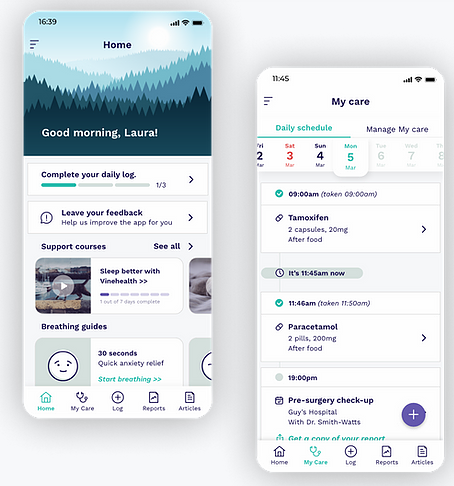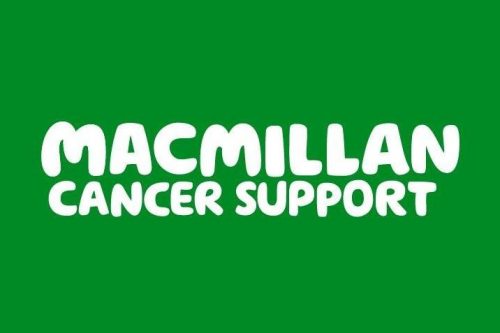Fears of illness caused by nitrites commonly used in US, but currently banned in Britain and EU.

British stores could be flooded with “dangerous” bacon and ham from the US, marketed under misleading labels, as the result of a transatlantic trade deal, says the author of a new book based on a decade of investigation into the food industry.
The meat has been cured with nitrites extracted from vegetables, a practice not permitted by the European Commission because of evidence that it increases the risk of bowel cancer. But it is allowed in the US, where the product is often labelled as “all natural”. The powerful US meat industry is likely to insist that the export of nitrite-cured meat is a condition of a post-Brexit UK-US trade deal, which the UK government is under intense pressure to deliver.
“The American processed-meat industry acts just like big tobacco,” Guillaume Coudray, author of Who Poisoned Your Bacon Sandwich?, told the Observer. “It obscures the truth about nitro-meats and clouds the facts for its own commercial benefit – and they have been at it for decades. They have done this despite clear and overwhelming evidence that nitro-meats cause bowel cancer.”
Coudray’s claims echo the row over chlorinated chicken. The practice of washing poultry meat with chlorine is common in the US but banned in the UK. The government has said it will not allow the import of chlorinated chicken and hormone-treated beef under a transatlantic trade deal, but has refused to sign those pledges into law.
The US processed meat industry uses nitrites derived from celery juice to cure pig meat, keep it pink and preserve it so it can stay on supermarket shelves longer. Nitrites are harmless in themselves, but when they are cooked and ingested, they produce nitrosamines which are carcinogenic.
In 2015 the World Health Organization linked 34,000 worldwide cases of colorectal cancer a year to diets high in processed meats. Its report – based on epidemiological data from hundreds of thousands of people – advised that eating 50g of processed meat a day, the equivalent of a couple of bacon rashers, raised the risk of bowel cancer by 18% over a lifetime.
Coudray, whose book is published this week, said: “The American meat industry uses celery juice nitrites to cure bacon and ham. The Americans overtly mislead their consumers by claiming their products are ‘nitrite-free’ or ‘all natural’, whereas such claims have been banned in Europe.
“A free trade deal between the UK and the US poses a real risk of flooding the British market with dangerous bacon. As a result of inaccurate and misleading American packaging, consumers will have no way of knowing which products are genuinely safer.”
Despite its ban on vegetable-derived nitrites, the EU continues to allow conventional nitrites. But, said Coudray, progressive meat producers in the UK, France, Italy, Germany and Denmark had “taken great strides” in recent years to remove all nitrites from their products. For example, Italian producers have made Prosciutto di Parma for three decades without the use of nitrites. Naked Bacon, the UK’s biggest bacon brand, is also nitrite-free.
“France is considering banning nitrites altogether in a landmark bill before the French parliament,” said Coudray. “It is time the UK government did the same – and guaranteed these substandard American products will be banned entry into Britain.”
Bee Wilson, a food historian and writer who contributed a foreword to Coudray’s book, told the Observer: “The really interesting thing to watch is whether the French ban on nitrite-cured meat will come into force. If it does, this will be a huge shift in food policy which could encourage other governments in Europe to follow suit. But at the moment there is no sign of the rest of the EU following France.
“The traditions of curing bacon with these chemicals became established at a time when no one knew that they caused any harm. But now that we do know that they cause harm, the question is what to do next. [This] needs tougher regulation at a governmental level so that the whole industry is forced to change in unison.”
Coudray’s book also reveals aggressive lobbying by the US meat industry to overturn a UK ban on nitrite-cured meat during the second world war amid shortages of bacon and ham. Confidential diplomatic cables obtained by Coudray show the head of the US Bureau of Animal Industry accusing the British of “unfair discrimination”. The British board of trade warned that the US was “very disturbed about this matter”, “will not let it rest”, and “might be expected to take reprisals”.
US nitrite-cured bacon was allowed into Britain in 1944, prompting a 20-year campaign by the UK’s processed meat industry to be allowed to use nitrites. It was eventually successful.





